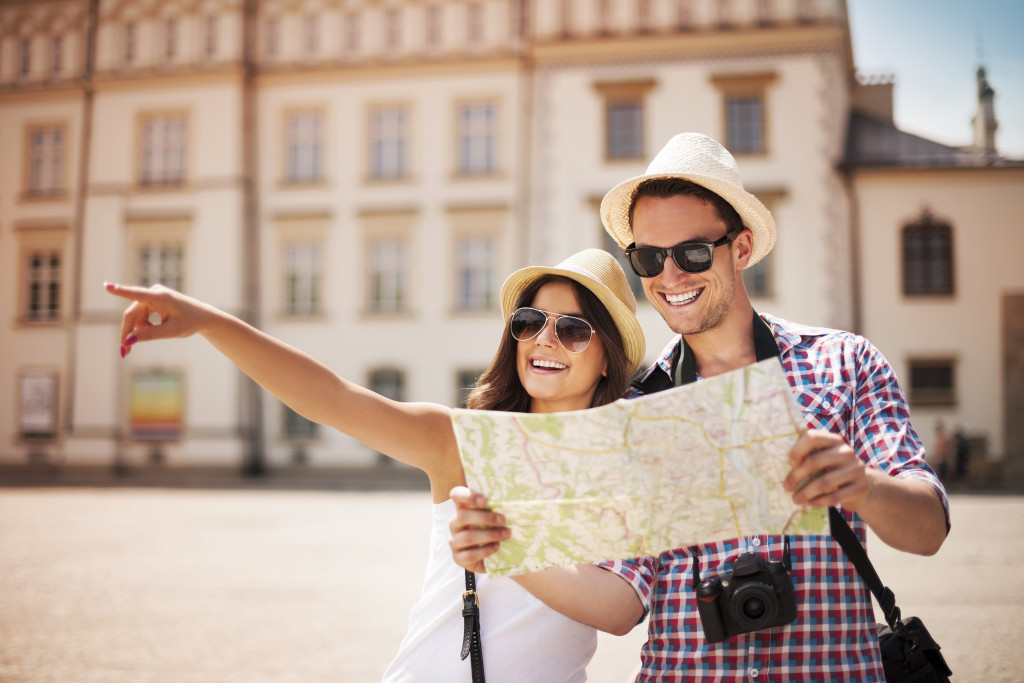There are a few reasons why Gen Y, also known as millennials, are setting trends in travel. For one, they’re a generation that is more open to new experiences and cultures than any before them. They’re also relatively affluent and place a high value on leisure time and experiences.
Another reason is that millennials are a highly connected generation. They grew up with the internet and social media and use these tools to research and plan their travel. They’re also more likely to book travel on their mobile devices than any other generation.
All of this led to some exciting trends in travel that are revolutionizing how other generations travel. Some of the top travel trends among millennials include:
Solo Trips
There’s no doubt that solo travel is on the rise, and millennials are leading the charge. According to a recent study, nearly 60% of young adults aged 18-34 are willing to travel solo. That number is only expected to grow. So why are more and more millennials choosing to go it alone?
For many young adults, the appeal of solo travel lies in its freedom and flexibility. When you’re not tied down by a travel partner, you can easily change your plans on the fly and go where your heart takes you. What’s more, you don’t have to compromise on activities or accommodation — you can do precisely what you want when you want.
But for some millennials, the appeal of solo travel goes even deeper than that. For many young people, taking a trip alone is seen as an opportunity to find love. With matchmaking services and dating apps like Tinder becoming increasingly popular, it’s easier to meet new people while on the road. And without a travel partner to answer to, it’s much easier to strike up a romance with someone you meet along the way. This made more people travel solo, to gain more experience, connect with people of other cultures and religions, and explore different parts of the world.
Tech and Social Media Usage When Traveling
Millennials are known for being tech-savvy and social media-savvy, which comes in handy when traveling. They use their smartphones and laptops to find the best deals on flights, hotels, and activities. They even share their travel experiences with their friends and followers on social media.
This made more people leverage tech and social media when traveling. For example, many people use Facebook to find travel groups, use Instagram to get travel inspiration and use Snapchat to share their experiences with their friends back home. Others even make TikTok videos while on vacation!

Experiences Over Possessions
It can be easy to get caught up in the latest must-have gadgets and designer labels in today’s materialistic world. But for millennials, experiences are often seen as more valuable than possessions. This is likely because millennials are more likely to be saddled with student debt and other financial burdens than previous generations. As a result, they tend to be more careful with their money and prioritize experiences over material things.
What does this mean for travel? Instead of blowing their hard-earned cash on luxury hotels and first-class flights, millennials are more likely to spend their money on experiences that will create lasting memories. This could be anything from learning to cook traditional dishes in Italy to go on a safari in Africa.
Millennials are also more likely to be digital nomads. Many of them are into working remotely and living out of suitcases for extended periods. Many also believe that travel brings them closer to other people and cultures, making it easier to understand the world better.
Thanks to millennials, more people are now realizing that one does not necessarily have to spend a lot of money to have an excellent vacation. More consumers are now interested in trading material possessions for unique experiences.
Environmental Concerns
Millennials are also more likely than other generations to consider environmental factors when traveling. For many young people, sustainability is essential, and they want to make sure that their trips are eco-friendly.
This means that more and more millennials are interested in responsible travel. This could involve taking public transport instead of flying to offsetting their carbon emissions. It might also mean staying in eco-friendly accommodation, such as an Airbnb that uses solar power or a hostel with green initiatives.
This helped more travelers open their minds to responsible tourism and sustainable travel. Now, more people are interested in traveling in a way that doesn’t damage the environment.
Regardless of the reason, it’s clear that millennials are changing how we travel. They’re more interested in solo travel, experiences over material possessions, and are using technology to research and book their trips. Plus, they’re also more likely to consider environmental factors when traveling. All of these trends are changing how we travel as a generation.

